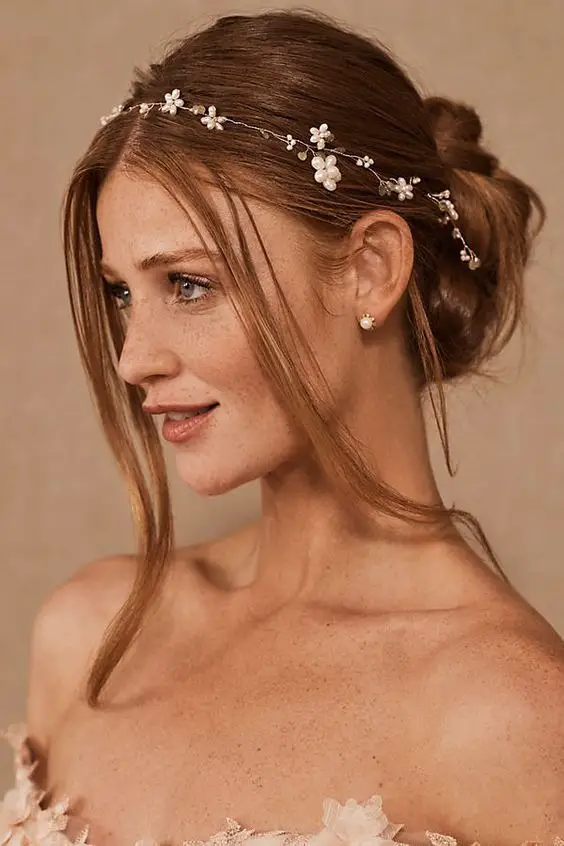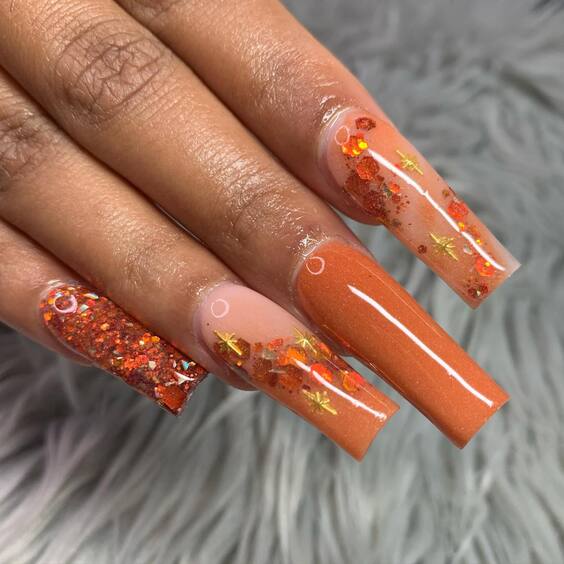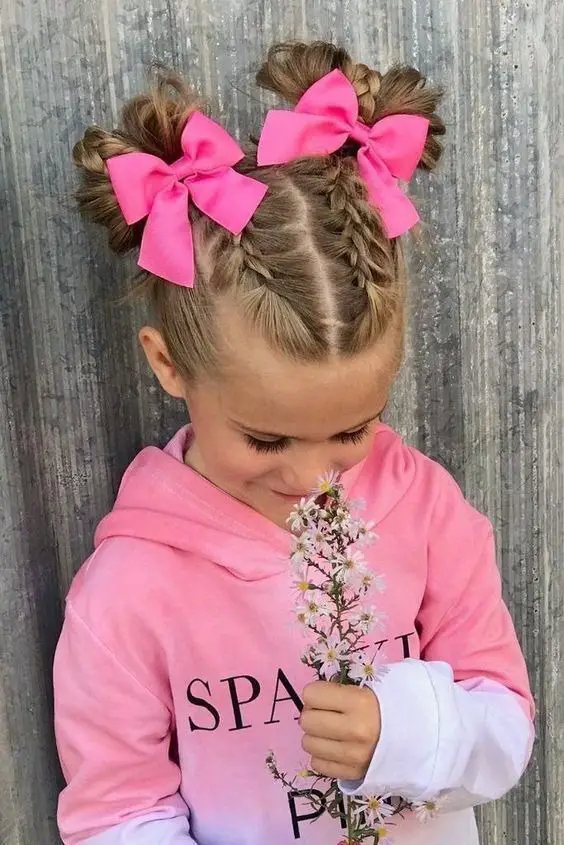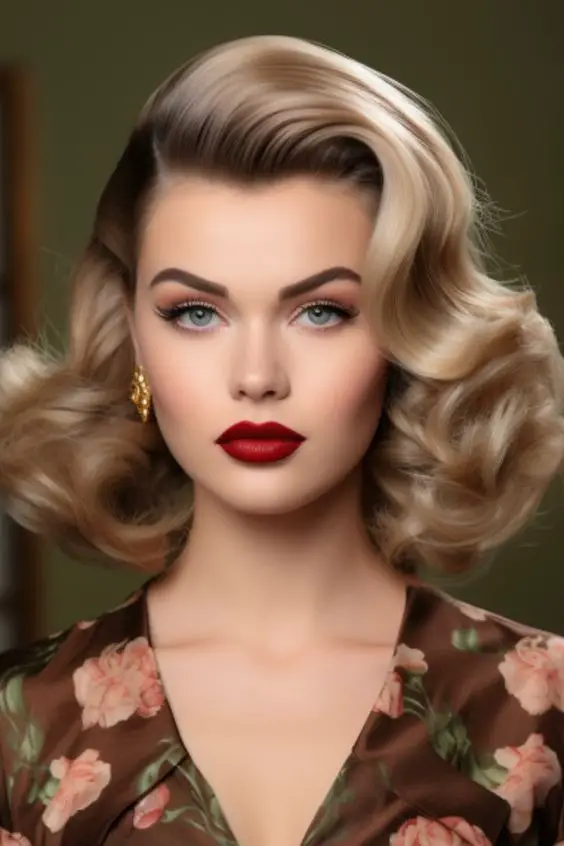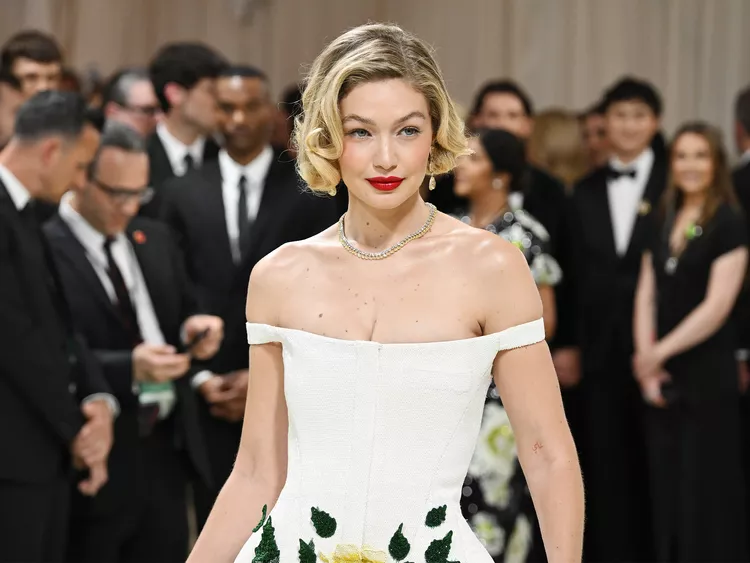Healthy hair tips are the ultimate guide to achieving silky, strong, and beautiful locks. Incorporate these expert strategies into your daily routine to reduce damage, encourage hair growth, and maintain a healthy scalp. Learn how to nourish your hair with natural ingredients, proper washing techniques, and effective styling methods for long-lasting shine and strength. Start your journey to better hair today!

Understanding Hair Health
Healthy hair is more than just aesthetic; it’s a sign of internal and external wellness. From proper nutrition to scalp care, various factors contribute to its condition. Addressing these elements holistically is essential for achieving the hair you desire.
1. Nourish Your Hair From Within
A balanced diet rich in essential nutrients lays the groundwork for vibrant hair.
Key Nutrients for Hair Health
| Nutrient | Role in Hair Health | Sources |
|---|---|---|
| Protein | Builds keratin for strong hair strands | Lean meats, fish, eggs, beans, nuts |
| Vitamin A | Promotes scalp hydration via sebum production | Carrots, spinach, sweet potatoes |
| Biotin (Vitamin B7) | Encourages hair growth and prevents breakage | Eggs, nuts, whole grains |
| Iron | Prevents thinning and supports oxygen delivery | Red meat, lentils, spinach |
| Omega-3 Fatty Acids | Maintain scalp health and hydration | Salmon, chia seeds, walnuts |
2. Tailor Your Hair Care Routine
Everyone’s hair is unique, and your routine should reflect that. A consistent, tailored regimen will keep your locks looking their best.
Washing and Conditioning
- Frequency: Wash 2–3 times a week to maintain scalp balance.
- Products: Use sulfate-free shampoos and hydrating conditioners tailored to your hair type.
- Techniques: Gently massage shampoo into the scalp to stimulate blood flow and thoroughly rinse to avoid buildup.
| Hair Type | Best Practices for Care |
| Straight | Lightweight products; avoid over-washing |
| Curly | Deep conditioning and wide-tooth combing |
| Coily | Regular moisturizing and protective styling |
Styling and Heat Protection
- Heat Tools: Use on low to medium heat with a heat protectant spray.
- Air Drying: Whenever possible, let hair air-dry to minimize damage.
- Trims: Schedule trims every 6–8 weeks to maintain healthy ends.
3. Care for Your Scalp
A healthy scalp is the foundation for thriving hair. Regular maintenance prevents issues like dandruff and hair loss.
Scalp Care Tips
- Exfoliate: Use a scalp scrub monthly to remove product buildup.
- Massage: Stimulate circulation with gentle, circular motions.
- Oil Treatments: Apply coconut or argan oil weekly to nourish the scalp.
4. Adjust to Seasonal Needs
Weather changes affect your hair’s requirements. Here’s how to adapt:
- Winter: Hydrate with rich masks and protect against dryness.
- Summer: Use UV-protective sprays and anti-frizz products to combat humidity.
5. Protect Against Environmental Damage
Environmental factors, including pollution and water quality, can weaken hair over time.
- Hard Water: Install a water filter to minimize mineral buildup.
- UV Protection: Wear hats or use products with built-in UV filters.
- Pollution Defense: Rinse hair after exposure and consider anti-pollution products.
6. Address Common Hair Concerns
Hair Loss
- Causes: Stress, hormonal imbalances, nutritional deficiencies.
- Solutions: Consider treatments like minoxidil or PRP therapy if necessary.
Dandruff
- Treatment: Use shampoos with zinc pyrithione or salicylic acid. Natural remedies like tea tree oil can also help.
7. DIY Hair Masks
Pamper your hair with these simple treatments:
- Hydration: Mix avocado, honey, and olive oil for a moisturizing mask.
- Strength: Blend egg yolk, coconut oil, and yogurt to fortify weak strands.
- Shine: Apply banana and aloe vera gel for glossy results.
FAQs
How often should I wash my hair?
Wash your hair 2–3 times a week to balance cleanliness and natural oil retention.
What are signs of unhealthy hair?
Dryness, split ends, excessive shedding, and dullness often indicate poor hair health.
Can supplements improve hair health?
Yes, if you’re deficient in key nutrients like biotin or iron. Consult a healthcare provider for advice.
How does stress affect hair?
Chronic stress disrupts the growth cycle, leading to hair thinning or loss.
Are salon treatments worth it?
Professional treatments like keratin or bond repair can restore damage but should be paired with at-home care.
Conclusion
Healthy hair isn’t just about using the right products—it’s about adopting a holistic approach that includes proper nutrition, consistent care, and environmental protection. By following these tips, you’re on your way to strong, shiny locks.

